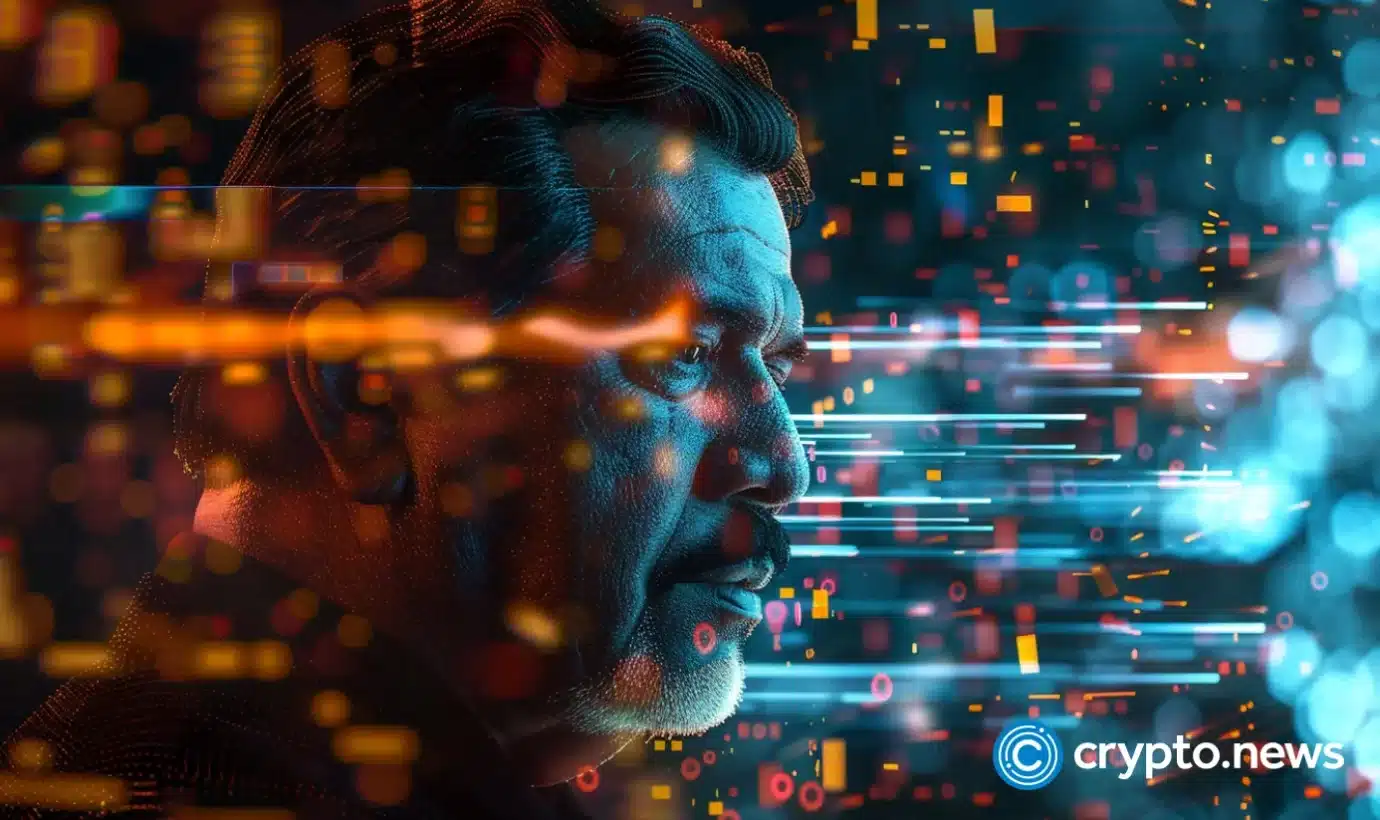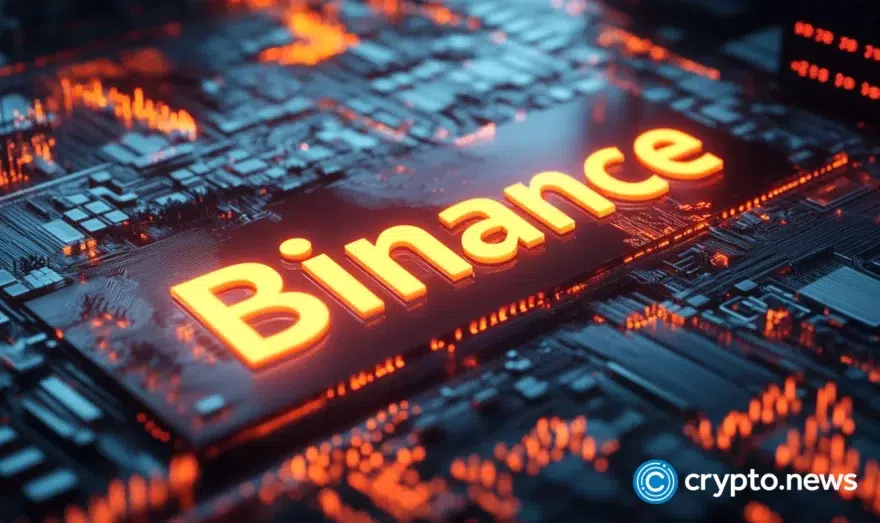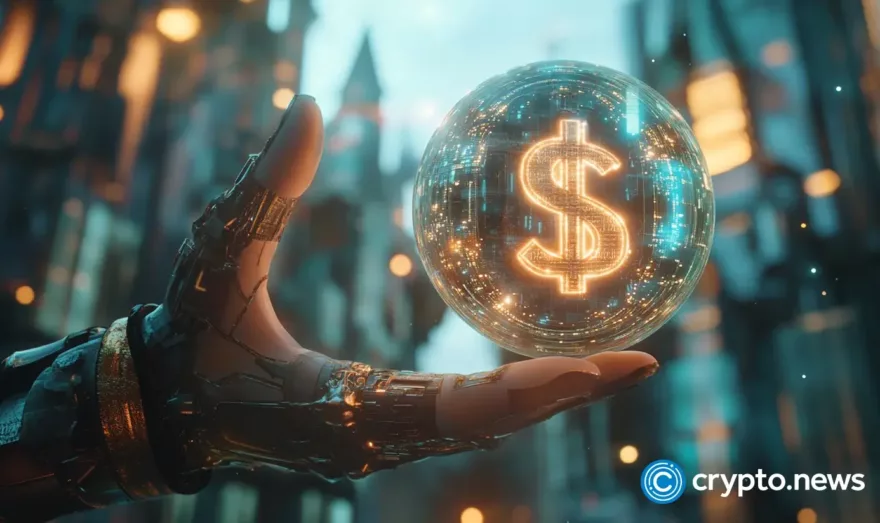Venezuelans cut off from Binance: How is this related to elections?

Venezuelan authorities have also blocked the world’s largest cryptocurrency exchange, Binance.
Table of Contents
Amid protests following the presidential elections, the Venezuelan government restricted access to Binance and several other online services.
Binance representatives confirmed that members of the local crypto community were experiencing difficulties accessing the crypto exchange platform. However, they assured users that all their funds were safe.
Access to Binance was restricted following the blocking of X. Thus, Venezuelan president Nicolas Maduro punished its owner Elon Musk, with whom he had a public spat.
Due to the unrest that engulfed the country after the July presidential election in Venezuela, Musk called Maduro a “dictator” and a “clown.” Maduro, in turn, accused the billionaire of inciting “hatred, fascism, and civil war.”
Maduro also signed a decree requiring Venezuelan telecom regulator Conatel to block X for ten days.
What’s happening with the Venezuelan elections?
On July 29, the National Electoral Council of Venezuela announced the victory of Nicolás Maduro in the presidential election, nominated by the United Socialist Party of Venezuela (PSUV). Despite the PSUV candidate’s victory, protests broke out on the country’s streets. Thousands of Venezuelans took to the streets of Caracas to protest Maduro’s re-election.
The opposition claims the incumbent president received no more than 30% of the vote, not 51%, as was officially announced. Thousands of dissenters took to the streets.
Many countries also announced they would not recognize Maduro’s victory. In response, Caracas began to recall its diplomats from these countries.
Maduro himself and the military loyal to him directly accused the United States of organizing the protests. They are sure that the vast reserves of Venezuelan oil, which Washington has long had its eye on, are to blame.
I have always been in dialogue. If the U.S. government is willing to respect sovereignty and stop threatening Venezuela, we can resume dialogue, but based on a single point.
Nicolas Maduro
The president’s supporters, however, say that they will go to rallies against the opposition and will help law enforcement detain rioters.
Maduro actively promoted the cryptocurrency development in Venezuela
Venezuela has been experiencing an economic crisis for more than ten years, accompanied by a rapid rise in prices and the devaluation of the national currency. Due to financial problems, the country’s authorities were forced to look for new options for payment systems.
That is why, in late 2017, Maduro announced the creation of his own cryptocurrency in the republic, Petro. It was supposed to help the country “move forward on the issue of monetary sovereignty” and overcome the financial blockade.
Later in 2018, amidst an acute socio-economic crisis, the government began a denomination, removing five zeros from the bills and pegging a new currency — the sovereign bolivar — to Petro. Its value was equal to the price of a barrel of oil produced in the country.
Maduro also authorized allocating resources to create student farms to extract cryptocurrency nationwide. He also allowed all savings banks to participate in developing and purchasing digital currency, a national cryptocurrency.
The end of Petro
In early 2024, Venezuela announced that it was ending the use of the Petro cryptocurrency. All crypto wallets stored on the Patria platform — the only website where it was possible to trade this coin — were closed.
There were several reasons for this. First, the coin never worked, despite Maduro’s attempt to revive it. In 2020, he ordered airlines flying out of Caracas to use Petro to pay for fuel and made it mandatory to pay for government services, such as getting a new passport.
In this way, the Venezuelan government tried to circumvent U.S. sanctions. The Maiquetia International Airport launched a system for collecting aviation taxes through the Jet Man Pay app, which converts them into digital money and takes them out of the country.
Partners from China, Russia, and Hungary were involved in this process. In these countries, government-controlled accounts held aviation taxes converted from Bitcoin (BTC) to dollars.
However, until recently, the use of this cryptocurrency remained limited to certain government operations, such as paying taxes.
Moreover, Petro was involved in a bribery scandal. In fact, corruption became the decisive factor in Petro’s abandonment due to irregularities in the management of funds from oil operations carried out using crypto assets. The case led to the resignation of once-powerful oil minister Tareck El Aissami and the detention of dozens of officials, including top officials at crypto regulator Sunacrip.
It also led to a crackdown on mining operations in the country, where other cryptocurrencies like Bitcoin had been an extremely popular hedge against the bolivar’s hyperinflation and deflation.
What will happen to Binance in Venezuela?
Binance’s impact on Venezuela is more significant than just speculative cryptocurrency trading. Most P2P exchanges in Venezuela use the platform as part of the process, as the bolivar has been sharply devalued, and locals need access to the dollar. This drives demand for stablecoins and major cryptocurrencies among Venezuelans, who have used Binance as their primary exchange platform for years.
As such, restricting access could have significant negative consequences for locals.
















